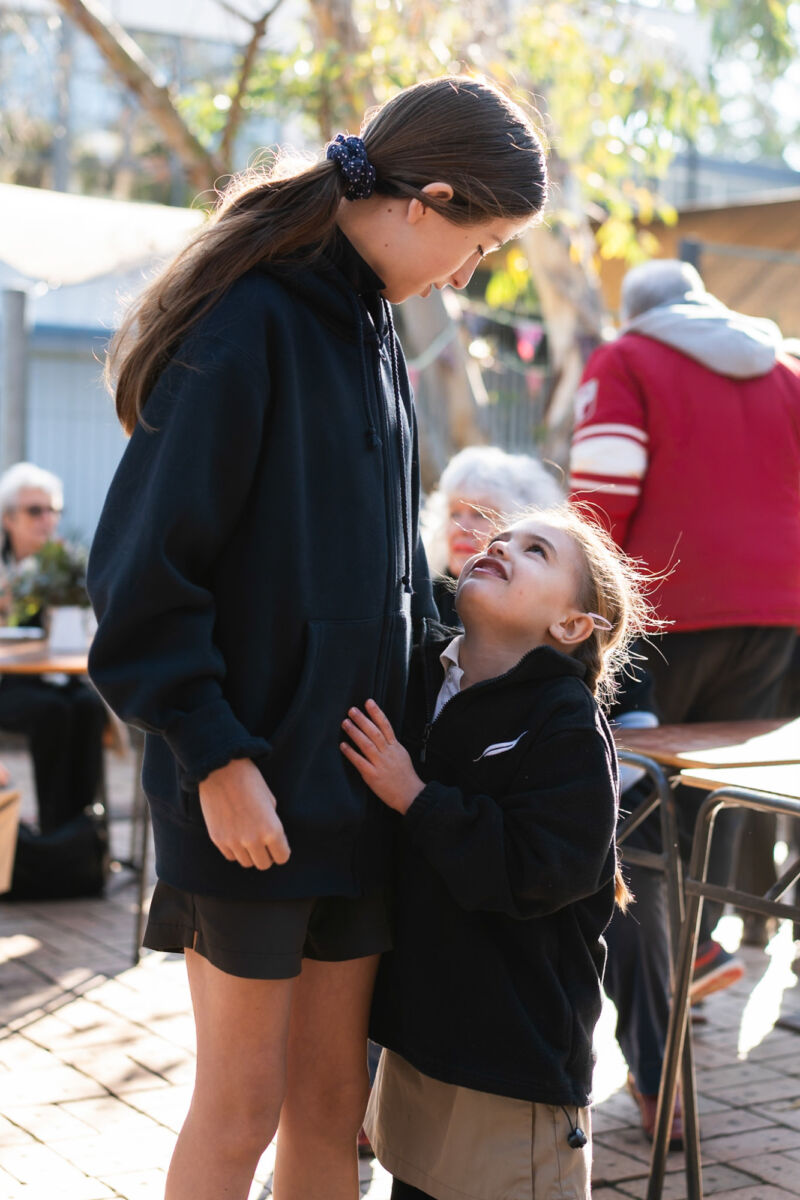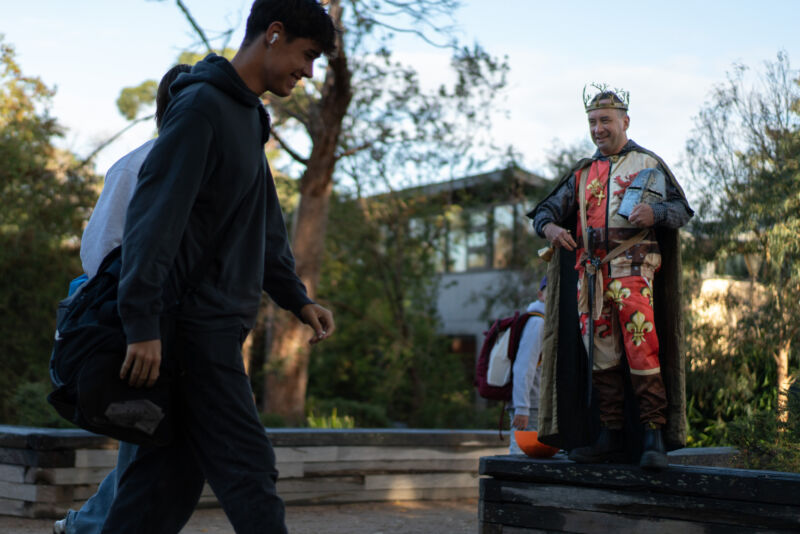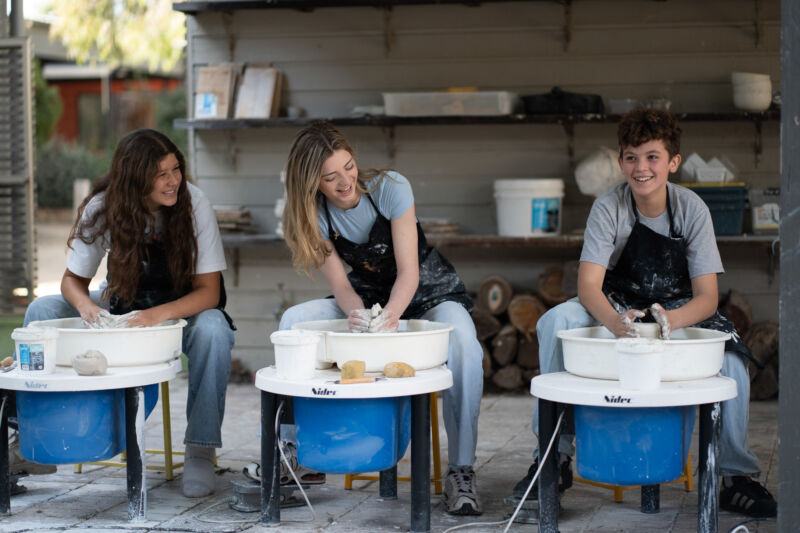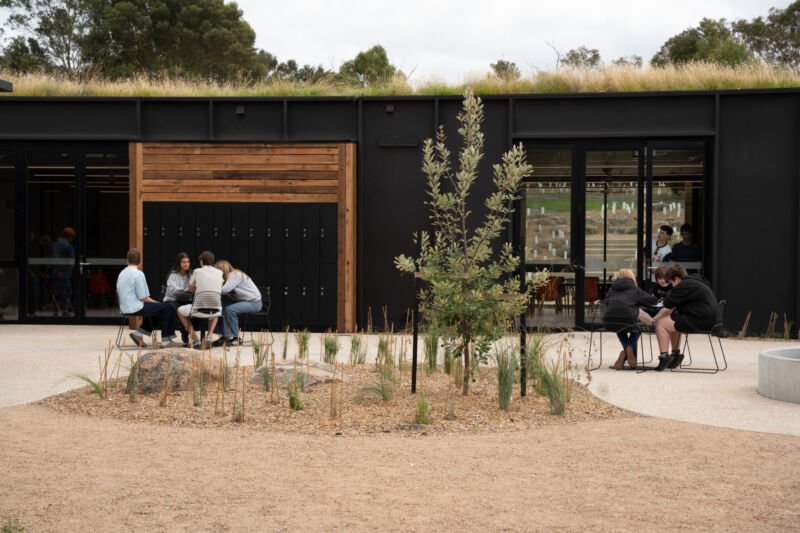
Senior Campus
Sustainable Architecture Win for Woodleigh
Woodleigh’s Futures Studio added another string to its bow in June, becoming a 2025 Victorian Architecture Awards Winner.
Continue Reading
Hayley Macpherson (Woodleigh, 2010) is a force in theoretical astrophysics, currently a NASA Einstein Fellow in Chicago. She's returning to Melbourne next year to take a highly coveted faculty position at the University of Melbourne.
Continue Reading
Woodleigh’s Futures Studio added another string to its bow in June, becoming a 2025 Victorian Architecture Awards Winner.
Continue Reading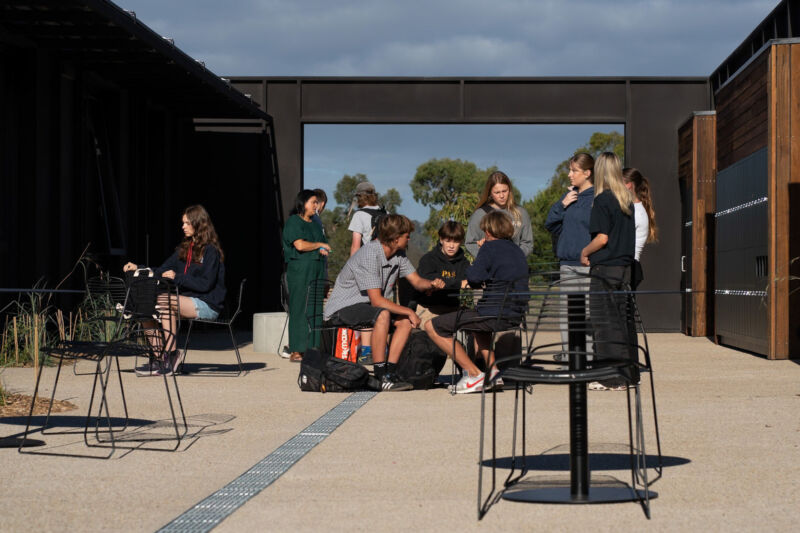
There is a gap between what traditional schooling provides and what society now needs. — Andreas Schleicher, Director of OECD Schools+ Network
Continue Reading
Giftedness is extraordinary, but that doesn't mean it's easy.
Continue Reading